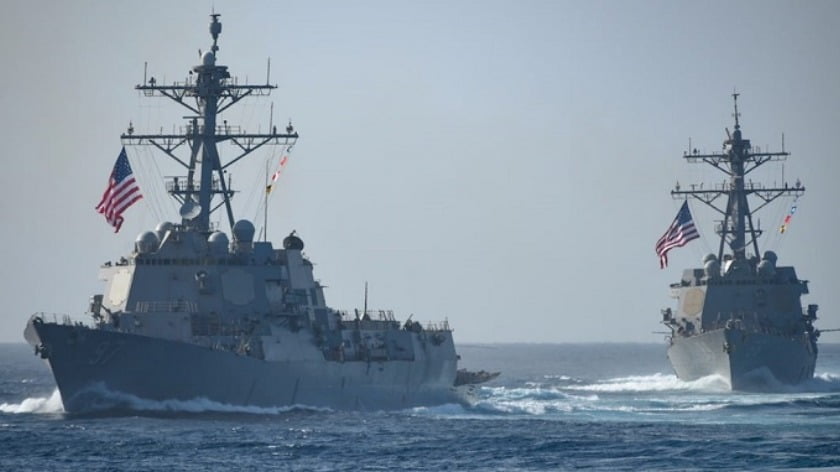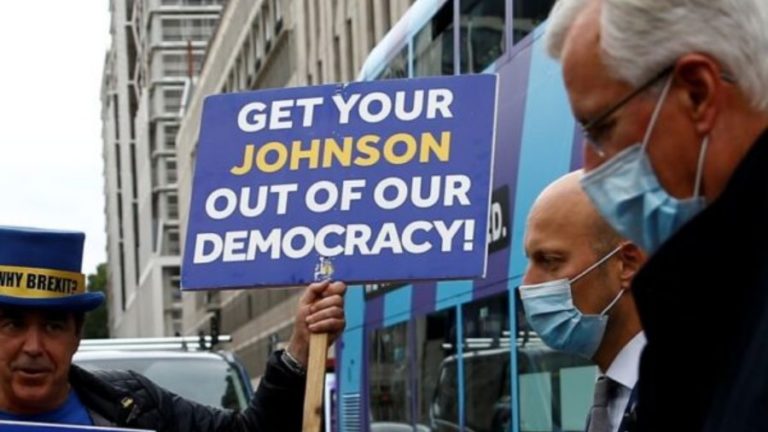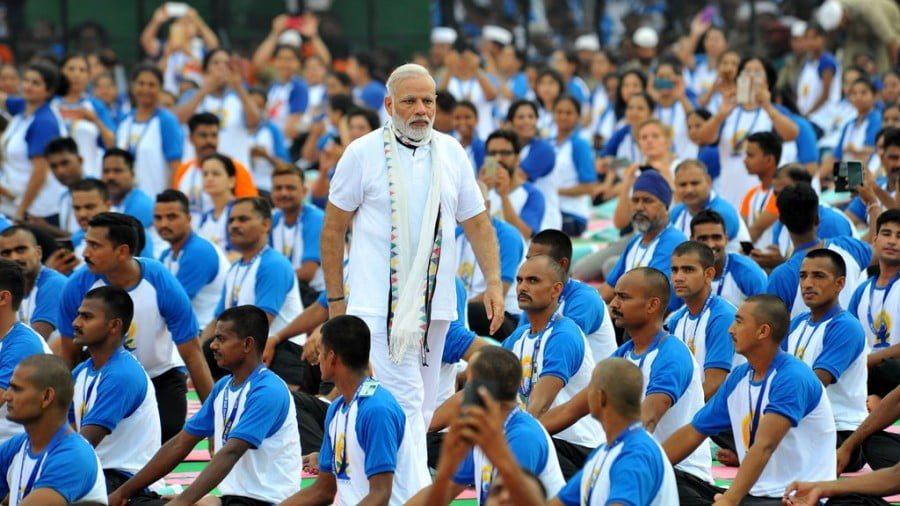UIA-752: Who Gains From Politicizing The Tragedy In Tehran?
Powerful forces are at work politicizing the UIA-752 tragedy in Tehran that transpired Wednesday morning in order to sow the seeds of doubt about Iran’s peaceful intentions and strongly imply that Russia irresponsibly played a role by selling the missiles to it that Kiev speculates might have been responsible for what happened, which allows the West to kill two birds with one stone by casting aspersions on its two rivals’ international reputations with a single incident.
***
Ukrainian International Airlines Flight 752 (UIA-752) crashed in Tehran early Wednesday morning under mysterious circumstances that the authorities alleged were the result of a technical malfunction, killing all 176 people on board, most of whom were Iranian and Canadian nationals. The unlucky timing of that tragedy just hours after Iran launched its two carefully choreographed missile salvos against two US bases in Iraq immediately gave rise to speculation that the Islamic Republic accidentally shot down the plane, though that scenario is implausible except in the purely unsubstantiated case that maybe a “rogue” member of the Iranian military (possibly on a foreign intelligence agency’s payroll) was responsible. Nevertheless, footage of its fall shows the plane enveloped in flames as it crashed into the ground, hence why Western powers are blaming Iran. It also isn’t helping any that Iran refuses to turn over the two black boxes to the US (seeing as how Boeing, which built the plane, is an American company), though in its defense, it has credible fears that its rival might tamper with the evidence in order to implicate it in a MH17-like conspiracy.
Ukraine said that it’s not ruling out “an explosion inside the plane following a terrorist attack”, “collision with an unmanned aerial vehicle”, or “a direct hit by a surface-to-air missile”, the latter of which Kiev speculates might have been “Russian-made”. As it stands, there are no reasons to believe any of these theories despite the impossibility of stopping people from speculating about them, but it’s important to highlight just how quickly the issue is becoming politicized and who stands to gain from doing so. It’s understandable that the world is desperate for answers after such a sudden tragedy occurred in what could have later that day become an actual war zone had Trump chosen to respond in kind to Iran’s missile strike (which he didn’t because he said that no Americans were injured), and such a sensitive context naturally gives rise to even the most outlandish speculation, but sometimes a tragedy is just a tragedy though that ultimately remains to be determined at the end of what should hopefully be an impartial investigation. Therein lies the problem, however, since it’s dubious at this point that any such investigation would actually be impartial because of the interests at stake.
The US stands to gain from casting aspersions on Iran and Russia’s international reputations, the former directly through its speculated role in accidentally downing the aircraft and the latter indirectly by keeping alive the suspicions that it might have sold Iran the missile that some theories allege might have been used in this tragedy. It’s difficult not to see any parallels between UIA-752 and MH17 since Russia was also accused of supplying the BUK that the West says the Donbas rebels used in accidentally shooting down that plane even though convincing evidence has since emerged through twodocumentaries last year that it was actually Kiev’s BUK that was responsible for what happened. The purpose in pinning the blame on Russia was to have the reputation of the West’s rival further impugned as a pretext for the imposition of more politically driven sanctions against it, which could in this case be remixed to put pressure on Russia over its arms sales to Iran. More directly, blaming Iran for this tragedy could be abused for the same purpose as part of the US’ never-ending campaign of pressure against the Islamic Republic.
This obvious “qui bono” has led to wild speculation that UIA-752’s downing was actually a “false flag”, though that’s more unbelievable than alleging that Iran accidentally took it down with Russian missiles or that one of its own UAVs crashed into the aircraft during its ascent. Neither the US, “Israel“, nor the GCC “shot it down” like some people have claimed on social media since Iran would have immediately provided radar and other evidence to point to this possibility had it been plausible, especially considering that this took place just hours after its missile salvo against two American bases in Iraq and before the world found out that Trump decided not to respond in kind since he claimed that no Americans were injured. If terrorism is found to be responsible, however, then it would raise questions about how the attack was carried out since Iranian airports are very secure places, thus suggesting that the speculative explosives were secretly stored in someone’s luggage, perhaps at the behest of a foreign intelligence service. Still, it’s way too early to know whether that happened, but if it’s determined that it did, the West would certainly pin the blame on the Iranian government somehow.
Considering all that was covered in this analysis, it’s obvious that something did indeed go wrong, but nobody knows quite what at this point. Footage of the plane enveloped in flames as it crashed to the ground makes one wonder whether foul play was responsible (such as a “rogue” member of the Iranian military at foreign behest) more than just a technical malfunction, but the world might never know the answer since Iran doesn’t want to hand over the two black boxes because it understandably doesn’t trust its American rival’s commitment to an impartial investigation given the current tensions between the two. Ukraine’s evocation of the MH-17 conspiracy through its allegation that “Russian-made” missiles might have contributed to the tragedy suggests that political opportunism is certainly at play and that Iran might very well be justified in withholding the black boxes from the US no matter how much international condemnation it might come under for this decision. Nevertheless, sometimes an accident is simply an accident, which would be the “best-case scenario”, but even if that’s what took place, then it’s all the more revolting that it’s being politicized to smear Iran and Russia.
By Andrew Korybko
Source: One World







